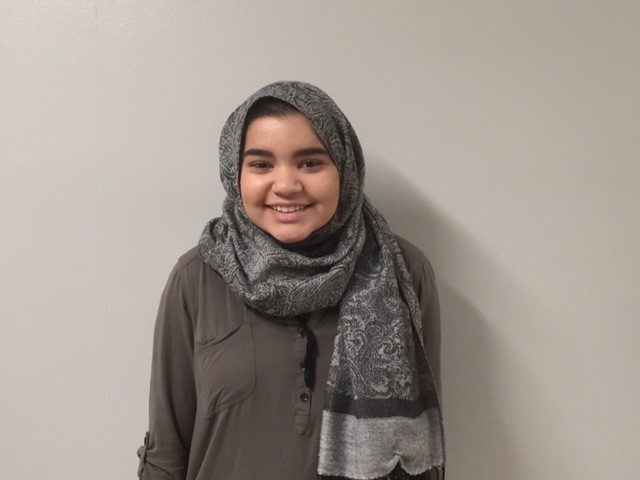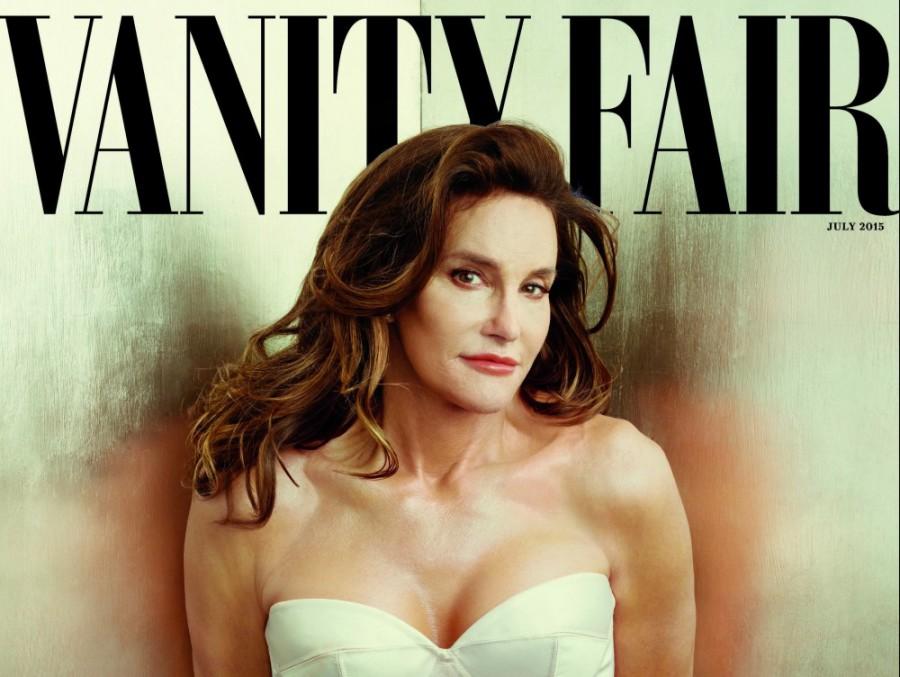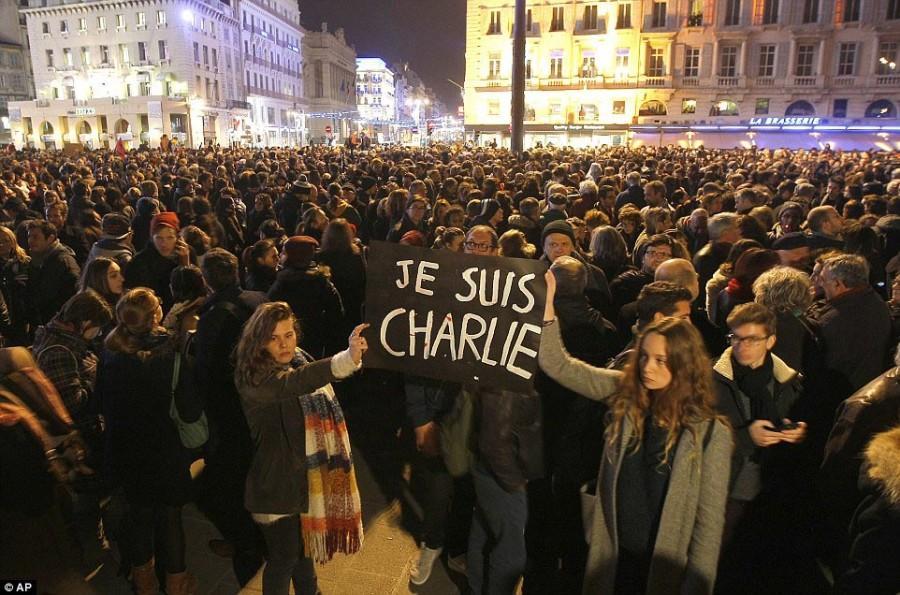 In light of the recent terrorist attack on the magazine headquarters of Charlie Hebdo, and on top of terrorist attacks of the past and the pressing threat of the Islamic State, many have made the word “terrorism” synonymous with the Muslim religion, whether consciously or not.
In light of the recent terrorist attack on the magazine headquarters of Charlie Hebdo, and on top of terrorist attacks of the past and the pressing threat of the Islamic State, many have made the word “terrorism” synonymous with the Muslim religion, whether consciously or not.
To automatically make this word association is a major error. A terrorist is someone who commits acts of violence with political motivations. The Islamic State terrorists may commit religiously-motivated acts of terror, but the religion itself does not promote terrorism.
In response to the Charlie Hebdo attacks, there have been several anti-Muslim rallies across Europe in the past week, demonstrating intense Islamophobia in a historically secular region. There is some hope, however, as a statement from French Prime Minister Manuel Valls sums up the distinction of the terrorist from the Muslim.
“We are at war against jihadism and terrorism…but France is not at war against Islam and Muslims,” Valls said on Tuesday.
Such a powerful statement capitalizes on the difference that many do not see.
Muslims, particularly in the Western world, commonly experience discrimination and find their religion largely misinterpreted. Islam, in general, is a very peaceful religion, yet extremists who commit acts of terror in the name of this religion become the stereotyped and prevalent images people see. These extremists, in their perceived war against the West, also bring violence down upon other Muslims and tarnish their image with their violent reputation.
Anti-Muslim rallies incorrectly interpret Islam as a savage religion and ignore how most of the 1.6 billion Muslims around the world, comprising 23 percent of the world population, are not terrorists. Many forget that just as non-Muslim people have been killed by extremists like the Islamic State, even more Muslims have been killed by their own kind. Ahmed Marabet, the first police officer killed in the Charlie Hebdo attacks, was a Muslim man, and many other Muslims have been affected in terrorist attacks over the years.
While there has been a major anti-Muslim response to the attack in Paris, there have been many rallies across Europe led by Muslims to show they, too, are against terrorism. In Berlin, German President Joachim Gauck and the Chancellor Angela Merkel attended such a rally to show their support of victims of terrorism and echo the phrase, “terrorism, not in our name.”
As France moves past the attack’s initial shock, people are starting to see how the problem is not about the religion itself but about violent and extreme hate, and are working to improve relations with the Muslim community.
At his burial Tuesday, Officer Marabet was posthumously awarded the Légion d’Honneur, France’s highest honor, for confronting the terrorists after the attacks. Said French president François Hollande, “Ahmed Merabet knew better than anyone that radical Islam has nothing to do with Islam and that fanaticism kills Muslims.”
Moving forward from this tragedy, the stereotyping of Muslims as terrorists must end before it results in further violence and pandemonium. This all goes in accordance to how we use race and religion to make generalizations about people when in reality the actions of a few are not applicable to a whole people. The extremists are very few, despite their prevalence in the media.
Ultimately, a goal for all is to abolish terrorism, regardless of race or religion. Stereotyping a Muslim as a terrorist only furthers the problem and increases divisions in the world. As many Muslims have continued to state, “I am a Muslim, not a terrorist.” The difference needs to be seen and understood before demonstrations get out of control.




